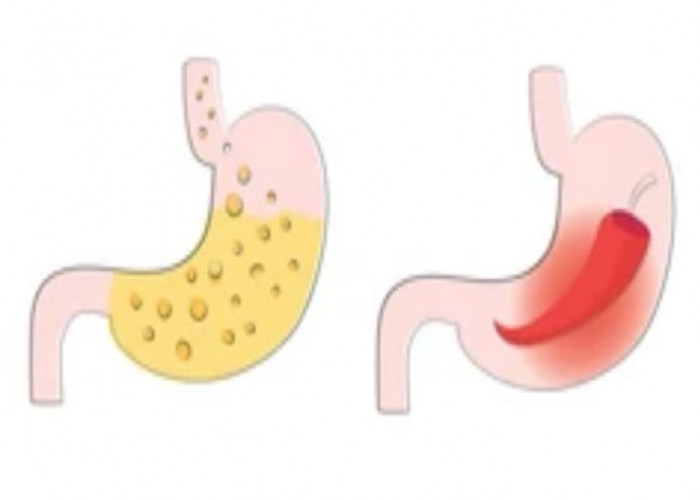 Welcome
Welcome
“May all be happy, may all be healed, may all be at peace and may no one ever suffer."
Bile reflux
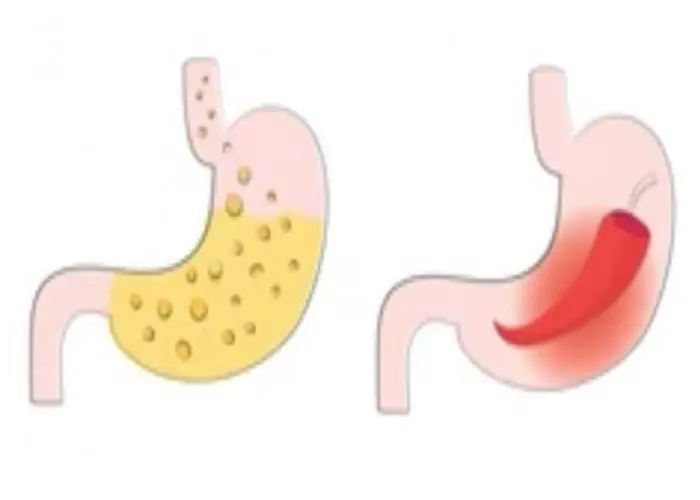
Bile reflux is a condition in which bile, a digestive fluid produced by the liver, flows back from the small intestine into the stomach and esophagus. It can cause symptoms such as heartburn, nausea, vomiting, and abdominal pain. Bile reflux can be caused by a variety of factors, including surgery, certain medications, and underlying conditions such as gastroesophageal reflux disease (GERD) or peptic ulcers. Treatment options may include medications to reduce stomach acid or strengthen the lower esophageal sphincter, surgery to reinforce the lower esophageal sphincter, or addressing any underlying conditions. It is important to work closely with a healthcare professional to manage bile reflux and prevent potential complications.
Research Papers
Disease Signs and Symptoms
- Abdomen pain
- Nausea or vomiting
- Vomiting a greenish-yellow fluid (bile)
- Unintended weight loss
- A burning sensation in your chest that sometimes spreads to the throat, along with a sour taste in mouth
Disease Causes
Bile reflux
Bile is essential for digesting fats and for eliminating worn-out red blood cells and certain toxins from your body. Bile is produced in your liver and stored in your gallbladder.
Eating a meal that contains even a small amount of fat signals your gallbladder to release bile, which flows through a small tube into the upper part of your small intestine (duodenum).
Bile reflux into the stomach
Bile and food mix in the duodenum and enter your small intestine. The pyloric valve, a heavy ring of muscle located at the outlet of your stomach, usually opens only slightly — enough to release about an eighth of an ounce (about 3.75 milliliters) or less of liquefied food at a time, but not enough to allow digestive juices to reflux into the stomach.
In cases of bile reflux, the valve doesn't close properly, and bile washes back into the stomach. This can lead to inflammation of the stomach lining (bile reflux gastritis).
Bile reflux into the esophagus
Bile and stomach acid can reflux into the esophagus when another muscular valve, the lower esophageal sphincter, doesn't work properly. The lower esophageal sphincter separates the esophagus and stomach. The valve normally opens just long enough to allow food to pass into the stomach. But if the valve weakens or relaxes abnormally, bile can wash back into the esophagus.
Disease Prevents
Disease Treatments
Lifestyle adjustments and medications can be very effective for acid reflux into the esophagus, but bile reflux is harder to treat. There is little evidence assessing the effectiveness of bile reflux treatments, in part because of the difficulty of establishing bile reflux as the cause of symptoms.
Medications
- Ursodeoxycholic acid. This medication may lessen the frequency and severity of your symptoms.
- Sucralfate. This medication can form a protective coating that protects the lining of the stomach and esophagus against bile reflux.
- Bile acid sequestrants. Doctors often prescribe bile acid sequestrants, which disrupt the circulation of bile, but studies show that these drugs are less effective than other treatments. Side effects, such as bloating, may be severe.
Surgical treatments
Doctors may recommend surgery if medications fail to reduce severe symptoms or there are precancerous changes in your stomach or esophagus.
Some types of surgery can be more successful than others, so be sure to discuss the pros and cons carefully with your doctor.
The options include:
- Diversion surgery. During this type of surgery, a doctor creates a new connection for bile drainage farther down in the small intestine, diverting bile away from the stomach.
- Anti-reflux surgery. The part of the stomach closest to the esophagus is wrapped and then sewn around the lower esophageal sphincter. This procedure strengthens the valve and can reduce acid reflux. However, there's little evidence about the surgery's effectiveness for bile reflux.
Disease Diagnoses
Disease Allopathic Generics
Disease Ayurvedic Generics
Disease Homeopathic Generics
Disease yoga
Bile reflux and Learn More about Diseases

Mold allergy
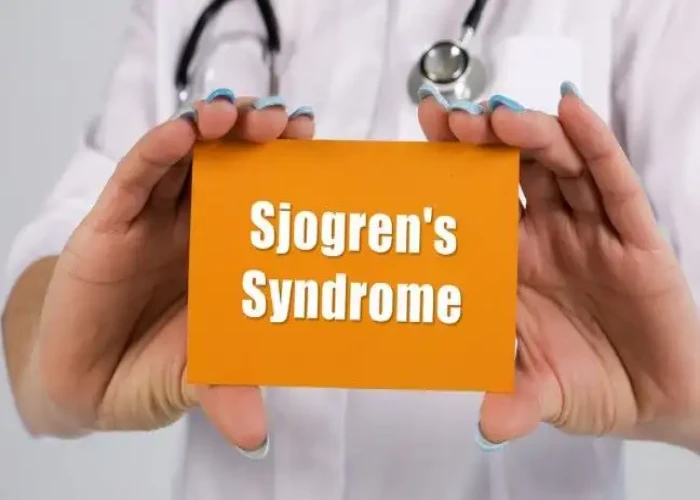
Sjogren's syndrome
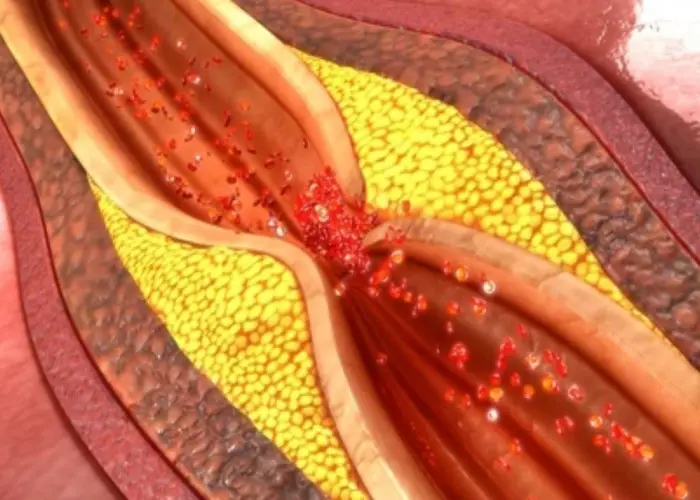
Coronary artery disease
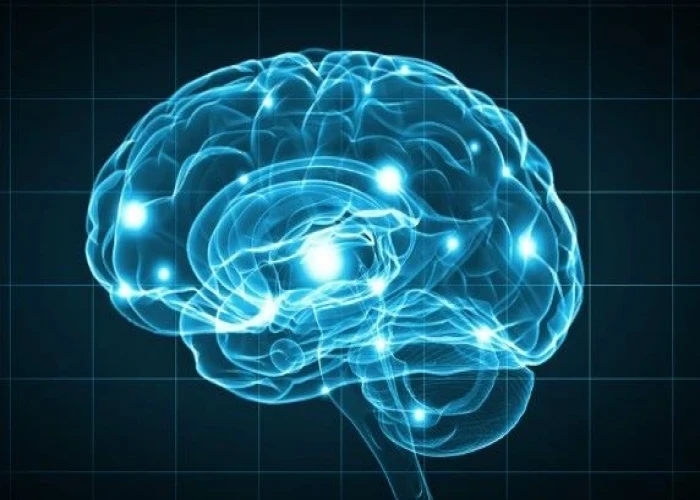
Progressive supranuclear palsy
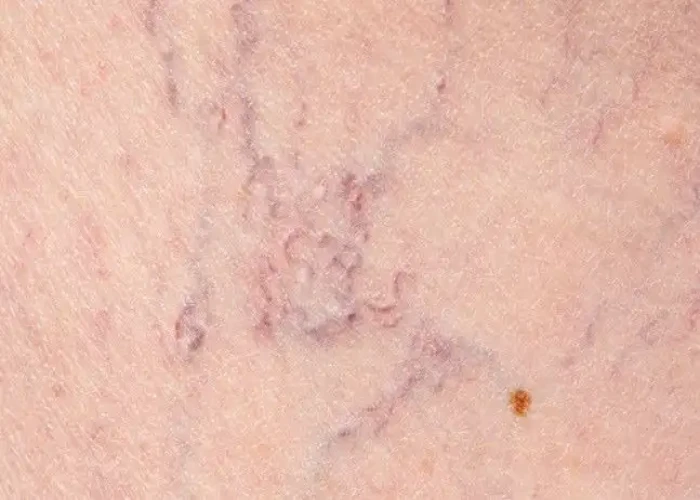
Small vessel disease

Thunderclap headaches
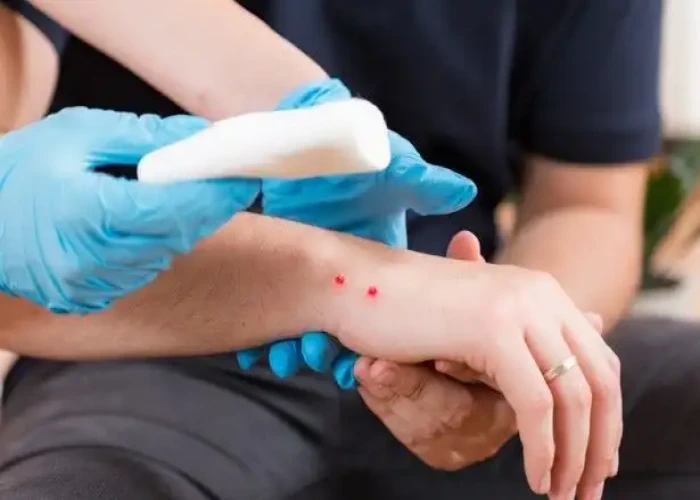
Snake bite
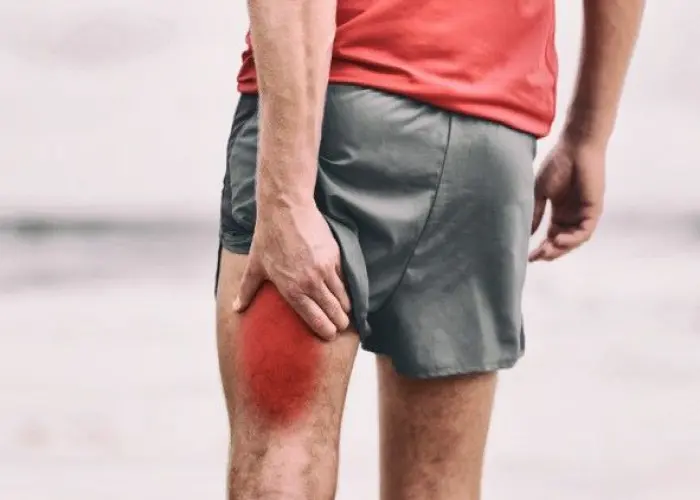
Hamstring injury
Bile reflux, Biliary reflux, Bile reflux treatment, পিত্ত রিফ্লাক্স, বিল রিফ্লাক্স
To be happy, beautiful, healthy, wealthy, hale and long-lived stay with DM3S.
